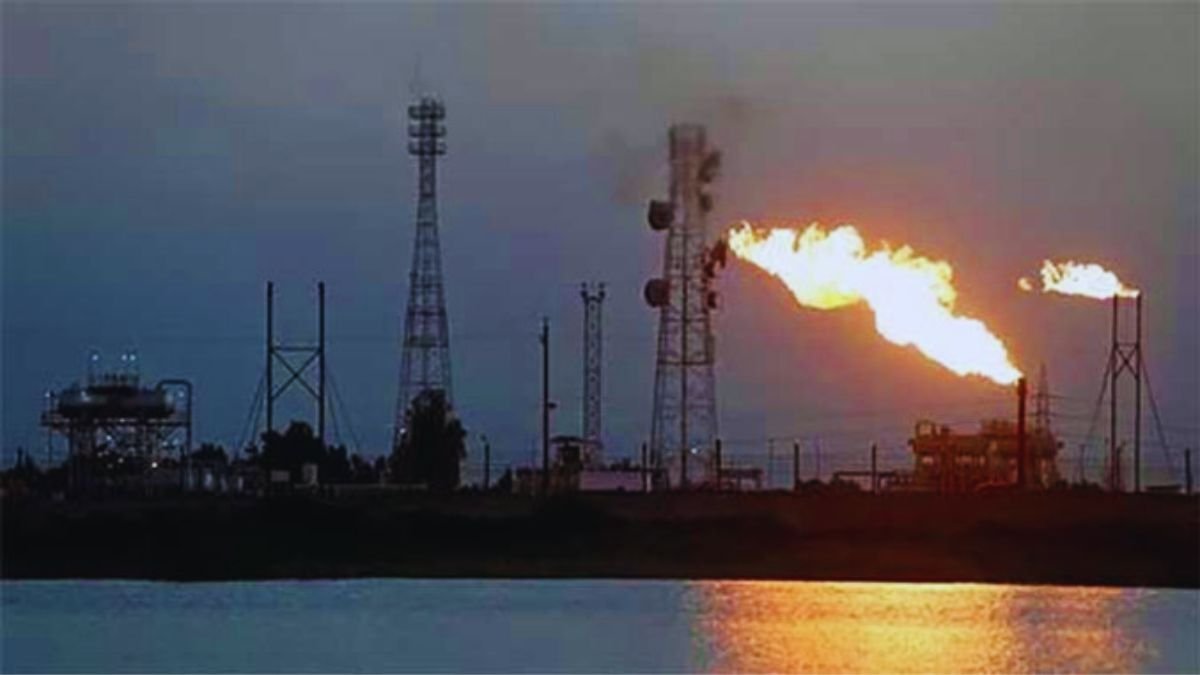Supply Disruptions and Demand Outlook Drive Early Year Increase

Oil prices experienced a 1.5% jump in early trading on Tuesday, marking a positive start to the New Year. The Red Sea naval clash heightened concerns about potential Middle East supply disruptions, while expectations of Chinese economic stimulus boosted the demand outlook in the world’s leading crude importer.
As of 0431 GMT [9:31 am PST], Brent crude climbed $1.24, or 1.61%, reaching $78.28 a barrel. Simultaneously, US West Texas Intermediate (WTI) crude stood at $72.67 a barrel, marking a $1.02, or 1.42%, increase.
The Israel-Gaza conflict escalated over the weekend, increasing the risk of a broader regional conflict. US helicopters reportedly thwarted an attack by Iran-backed Houthi militants on a Maersk container vessel in the Red Sea, resulting in the sinking of three Houthi ships and the death of 10 militants. The potential for a wider conflict poses a threat to crucial waterways for oil transportation, such as the Red Sea and the Straits of Hormuz in the Gulf.
Leon Li, an analyst at CMC Markets in Shanghai, pointed out that the oil price could be impacted by the Red Sea situation and the upcoming Chinese Spring Festival, a peak demand season. He highlighted the shift in tanker routes, with at least four vessels taking a longer route around Africa to avoid the Red Sea.
The entrance of an Iranian warship into the Red Sea following the naval battle adds to the geopolitical tensions in the region.
Investor expectations for fresh stimulus measures in China rose as December’s government data showed a third consecutive month of shrinking manufacturing activity. While a private sector report indicated sector expansion in the last month, factory owners’ confidence in the 2024 outlook declined compared to November.
Amid concerns of slowing global economic growth and rising supply, particularly from non-OPEC producers, Brent and WTI experienced a more than 10% fall in 2023. The closing levels at the end of the year were the lowest since 2020. According to a Reuters poll, Brent crude is expected to average $82.56 a barrel in 2024, with weak global growth capping demand and geopolitical tensions potentially providing support. Brent averaged $82.17 in 2023.











